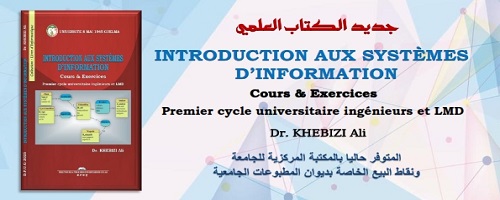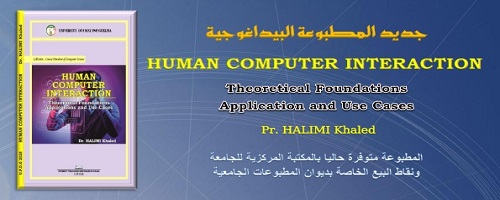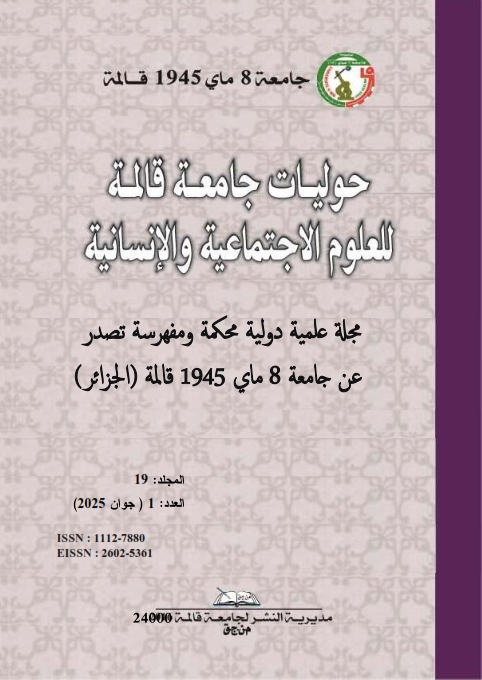L’effacement énonciatif, entre objectivité apparente et subjectivité déguisée : Etude analytique de l’Editorial du Quotidien d’Oran
مجلد18العدد2-ديسمبر2024
لا يوجد ملخص باللغة العربية
Cet article questionne la présence de l’effacement énonciatif dans l’article « éditorial » du Quotidien d’Oran comme un marqueur polyphonique et une posture énonciative qui parait sous deux positionnements ; l’un est relatif à un désengagement issu d’une objectivité apparente et l’autre concerne un engagement lié à une subjectivité déguisée.
Dans cette ligné, l’effacement énonciatif constitue une stratégie énonciative mise en œuvre par l’éditorialiste qui lui permet de se dissimuler dans son discours sans laisser des traces énonciatives qui dénotent sa présence afin d’exprimer des opinions personnelles et subjectives d’une manière implicite tout en respectant les normes déontologiques de la rédaction journalistique qui obligent l’éditorialiste à prendre distance du dire et maintenir son positionnement objectif.
Spécifiquement ce travail met en exergue la présence déguisée du « je » de l’éditorialiste dans son énonciation, lui servant à livrer des opinions subjectives déguisées, des points de vue personnels et des arguments d’une façon indirecte en mettant en œuvre une stratégie énonciative et argumentative qui offre à l’éditorialiste le statut de rapporteur, locuteur-énonciateur et de même, une instance omniprésente dans l’article.
Mots-Clés : effacement énonciatif, éditorial, polyphonie, locuteur, subjectivité.
This article examines the presence of enunciative erasure in the “editorial” article of the Daily Oran as a polyphonic marker and an enunciative posture that appears in two positions; one relating to a disengagement stemming from apparent objectivity and the other concerning a commitment linked to disguised subjectivity.
In this lineage, enunciative erasure is an enunciative strategy used by the editorial writer to conceal himself in his discourse without leaving any enunciative traces that denote his presence, in order to express personal and subjective opinions implicitly, while respecting the ethical standards of journalistic writing, which require the editorial writer to distance himself from what is said and maintain his objective position.
Specifically, this work highlights the disguised presence of the editorialist's 'I' in his or her enunciation, enabling him or her to deliver disguised subjective opinions, personal viewpoints and arguments in an indirect manner by implementing an enunciative and argumentative strategy that offers the editorialist the status of reporter, speaker-undertaker and, by the same token, an omnipresent instance in the article.
Keywords: Enunciative erasure; editorial; polyphony; speaker; subjectivity.




